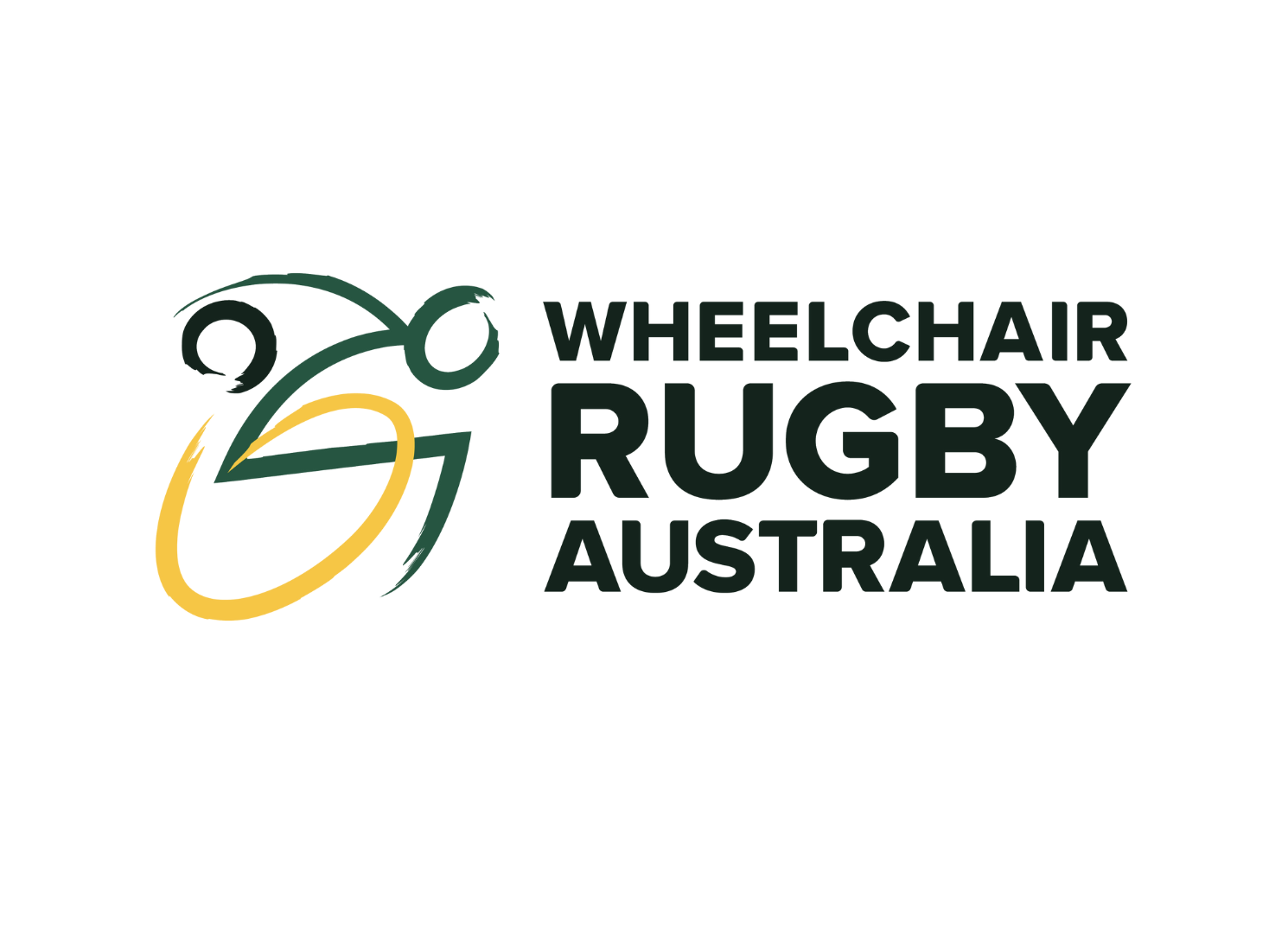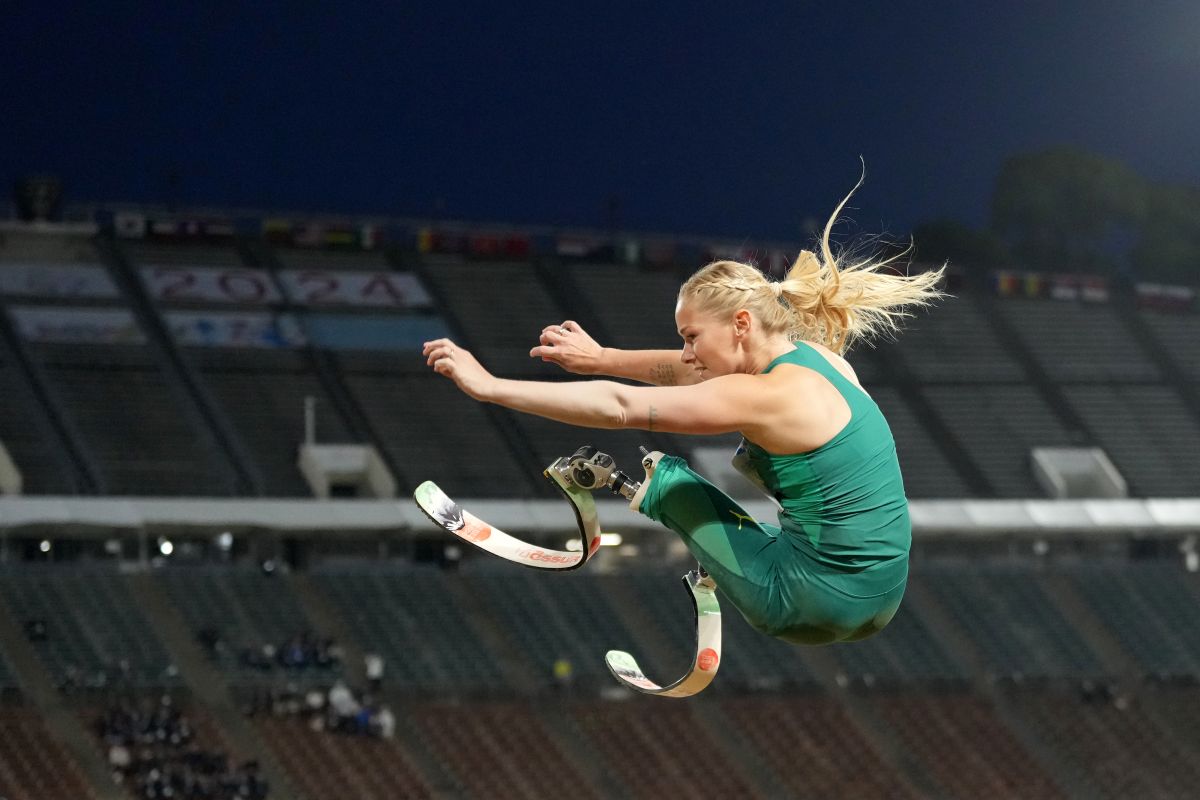The Australian Sporting Alliance for People with a Disability (ASAPD) have announced the formation of their inaugural Hearing Tribunal. This ground-breaking step sets a new benchmark for sport integrity and inclusive dispute resolution across Australia.
The nine (9) Tribunal Members located across Australia are eminently qualified to hear such complaints and disputes, coming with a range of lived experience in either the disability sector, the sport sector as participants (athletes, volunteers, or staff), trauma, or a combination of these experiences. By selecting Tribunal Members with firsthand knowledge of sport and/or disability, ASAPD ensures hearings will be fair, empathetic, and reflective of the community it serves. Having nine members will allow ASAPD to appoint three (3) members to a Hearing Panel and avoid actual or perceived conflicts of interest where a matter arises requiring a hearing tribunal.
The Tribunal’s inaugural members are:
• Fiona Given, Paralympic Boccia player and lawyer
• Nikki Dryden, Olympic Swimmer and human rights lawyer
• Alison Quigley, Athlete Advocate, former elite-gymnast and lawyer
• Dr Peta Spyrou, expert discrimination lawyer and academic
• Liam Elphick, expert discrimination lawyer and former cricket umpire
• Mitchell Medcalf, lawyer and Australia’s first blind DJ
• Heike Fabig, national Boccia referee and lawyer
• Liam Saxby, forensic IT expert, national weightlifting representative
• Clare Carey, rehabilitation counsellor and national team official
ASAPD reconigises that at the heart of many complaints and disputes are constrained or disrupted relationships between people. All Tribunal Members have completed specialist professional development in Trauma Informed Practice run by Phoenix Australia, Australia’s National Centre of Excellence in Posttraumatic Mental Health. This person-centered approach moves beyond the traditional legal process and offers a space where the emotional experience of participants is recognised and valued. Empathy, attention and respect and the capacity to create a psychologically safe environment are fundamental to appropriate conduct of Tribunals, and unfortunately these skills are not always employed in overly aggressive or litigious style Tribunal structures, which can leave parties more traumatised than the conduct that led to the composition of the Tribunal in the first place. All policies in sport should be read from the point of view of their intent or purpose – to create a safe environment for all who participate in sport.
Likewise, it is important to create a sense of balance, and this includes recognising that sometimes a person’s impairment may help explain some behaviour, but balancing that with the acknowledgement that an impairment does not excuse misbehaviour.
The Hearing Tribunal will play a significant role in deliberating allegations of prohibited conduct under Member Organisation policies, ensuring a fair and transparent process for resolving complaints and disputes. By appointing impartial members who are independent of any individual organisation and possess exceptional qualifications, each case is approached with both expertise and objectivity. Importantly, ASAPD’s inclusion of members with lived experience sets a new benchmark for tribunal recruitment, helping ensure that sport tribunals genuinely reflect and serve their diverse communities.
By establishing its Hearing Tribunal, ASAPD is committed to strengthening integrity across all NSODs through fair, timely, and best-practice responses to concerns within the sporting community. The Tribunal not only hears cases that may be appealed to the National Sports Tribunal, but also addresses matters outside its remit—including issues arising during play, at events, or when both parties choose not to pursue a formal National Sports Tribunal hearing. When needed, Tribunal panels can also provide mediation to help resolve conflicts before they escalate.
For more information about the Tribunal, contact Ross Ashcroft, ASAPD National Integrity Manager, at NIM@asapd.org. General enquiries can be directed to ASAPD Communications Advisor, Sophie Kinnear, at communications@asapd.org.




